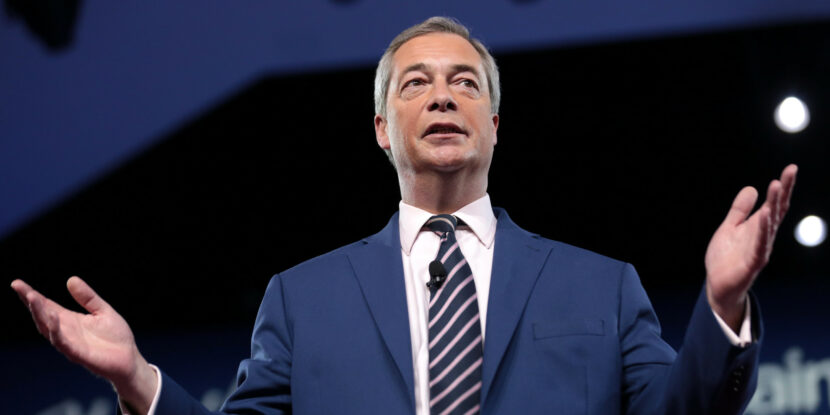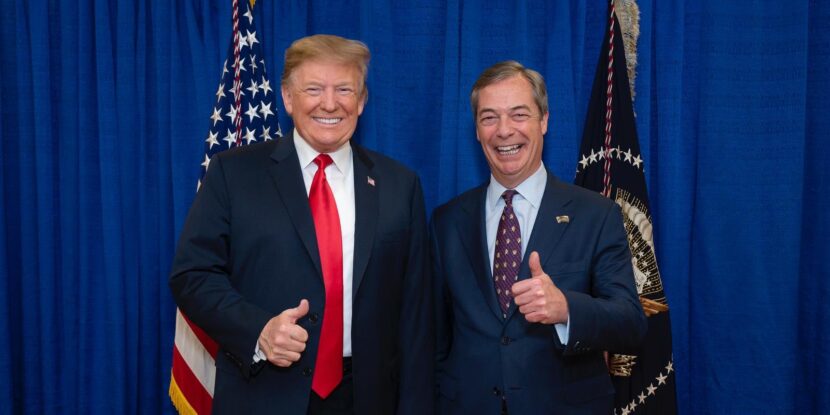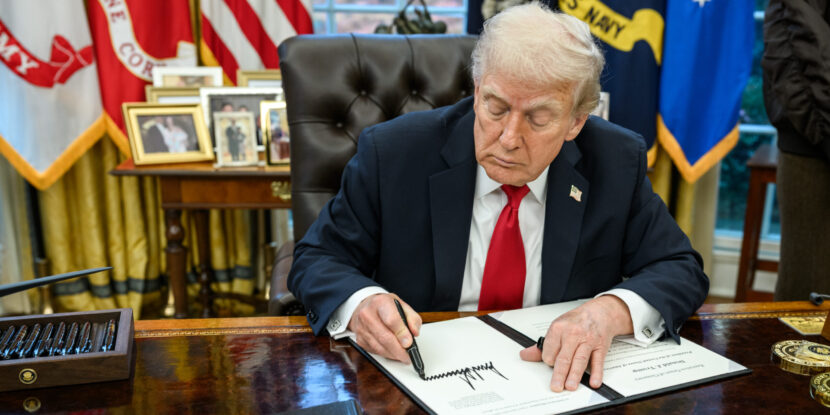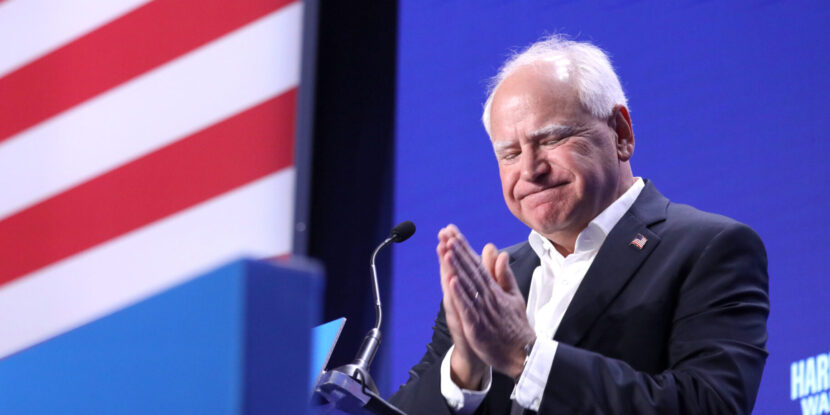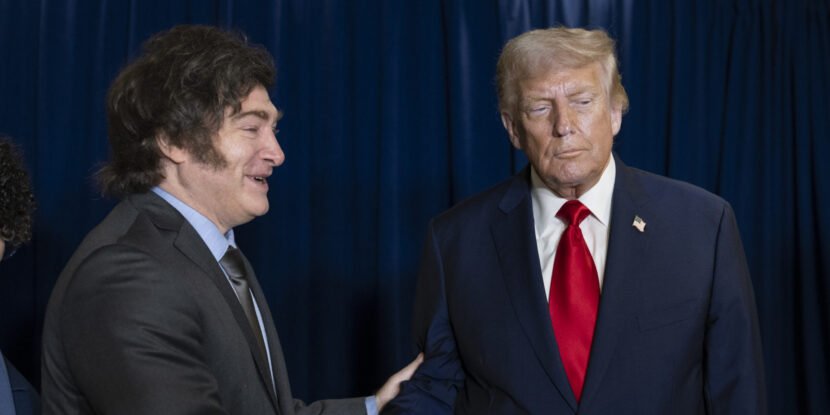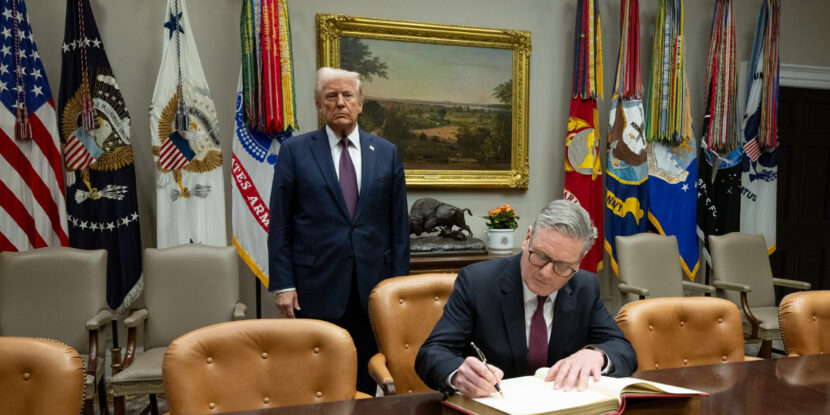A major new poll conducted by Friderichs Advisory Partners and J.L. Partners highlights widespread anger among Britons over the handling of the nation’s shameful grooming gangs scandal.
Nearly eight in ten believe public servants who covered up or failed to investigate these crimes should face prosecution. Among those, 66 percent support prison sentences. The scandal is widely seen as a result of corruption and political correctness, with 46 percent identifying these as the root causes.
Trust in media coverage of the scandal is abysmally low. Only 14 percent trust the BBC “a great deal” on the issue, and newspapers fare even worse. Forty-three percent of respondents believe political correctness prevented proper media reporting, a sentiment shared across all demographics, including Labour voters and ethnic minority voters.
Nigel Farage emerges as the most positively viewed political figure in Britain, with a 32 net positivity rating, far ahead of other prominent figures. The Conservative Party’s leader, Kemi Badenoch, has a net 24 rating, behind Prime Minister Sir Keir Stamer on 25 points. Elon Musk, who injected himself into the national discourse on grooming gangs, holds just a 21-point positivity rating.
Reform UK voters, in particular, give Farage a +77 rating, solidifying his position as the leader of the UK right. In comparison, 52 percent of Britons view Elon Musk negatively, making him the most disliked figure in the poll. Reform voters also showed little sympathy for Tommy Robinson – an early anti-grooming gangs activist but controversial figure – giving him a net negative rating of -5.
A NATIONAL INQUIRY.
The demand for a national inquiry into the scandal is overwhelming, with 73 percent supporting it, including 75 percent of ethnic minority voters and 73 percent of Labour supporters. The public also prioritizes justice over concerns about societal division, with only 20 percent seeing Islamophobia or social cohesion as bigger issues than the crimes themselves.
Public trust in government has suffered significantly, with 44 percent reporting decreased confidence due to the scandal. Emotional responses to the issue—shame, distress, and anger—are particularly strong among women, older voters, and Reform supporters. The broader sentiment about the state of the country is similarly bleak, with just 12 percent feeling proud or enthusiastic.
Reform UK has an opportunity to capitalize on this discontent, as 23 percent of the respondents trust them most to handle the issue of grooming gangs, narrowly ahead of Labour (22 percent) and well above the Conservatives (16 percent). However, skepticism remains about the enforcement of justice, as only 40 percent believe foreign nationals convicted of child rape would actually face deportation, despite 81 percent supporting such measures.
This poll underscores the public’s demand for accountability and justice in addressing one of the most damning failures of Britain’s institutions. Farage’s prominence reflects a broader shift towards leaders who confront these issues head-on without apology.
The survey, carried out between January 10th and 13th, 2025, sampled 2,002 GB adults using an online panel. Quotas ensured representation across gender, age, region, education, ethnicity, 2024 general election vote, and political attention, with data weighted to national targets. The poll has a margin of error of ±2.2%.
